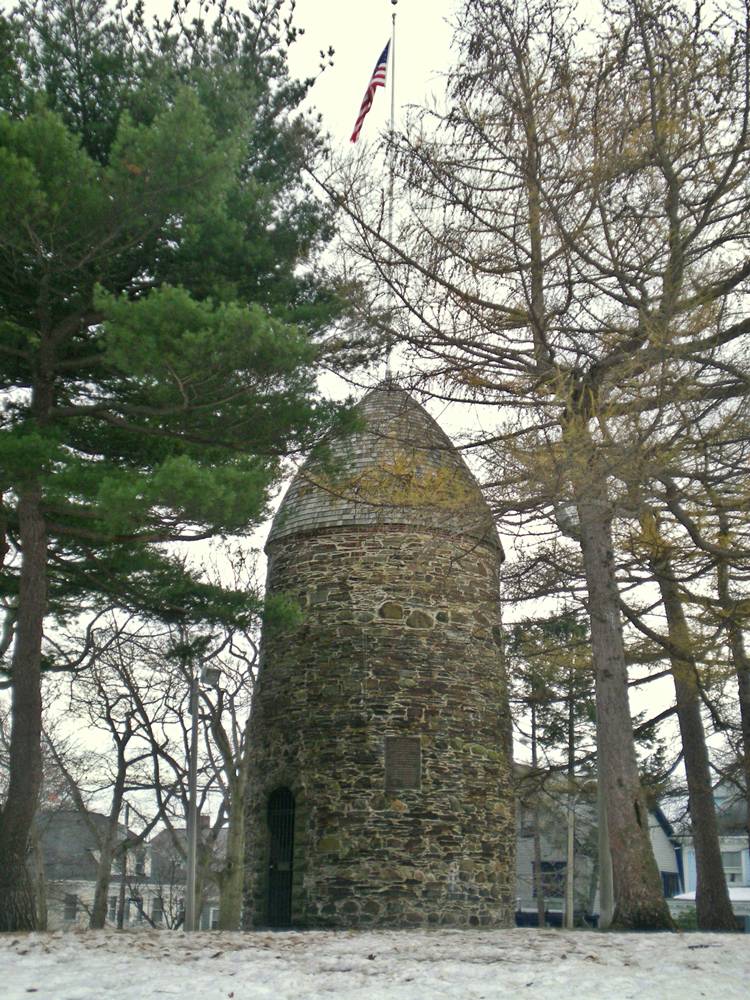After the Boston Tea Party and several other acts against the British Empire, the Parliament went to more radical measures in order to contain the series of attacks. A number of attempts known as the Intolerable Acts were formed by the Parliament in order to address the growing uprisings. One act provisioned the empowerment of the provincial governors that were royally appointed. On September 1, 1774, a certain royal general named Thomas Gage, an appointed governor of Massachusetts, sought to create one of the most significant events in American history: the Powder Alarm.
In 1772, the colonists in America formed the Committees of Correspondence in response against British unfair actions. As a result, a series of attempts by the British Empire to extinguish the incompliance of the American colonists diminished. With the burning of the Gaspée and the Boston Tea Party, many British officials felt the sense that insurrection would continue to grow if left unchecked. At the time, it was not illegal for the colonists to stockpile supplies like gunpowder, and it wasn’t also an actual sign of a militia coming to arms.
Precaution
Yet, a concerned Thomas Gage planned to prevent and cripple the attempts of the American colonists by secretly seeking out and removing military supplies from storehouses in the colonies, especially in Boston due to the fresh occurrence of the Boston Tea Party. Gage tried to acquire information from William Brattle, an actual head of the provincial militia. William Brattle in response gave a letter to Gage indicating that the powder at the province’s storehouse was the only place that contained a supply of gunpowder out of all the towns in Boston. That was when Gage decided to claim the remaining supply.
On August 31, David Phips was appointed by Thomas Gage was given the order to have the provincial powder removed. Brattle had initially handed the key of the storehouse over to Phips. On September 1, 1774, a troop of 260 regulars from the 4th regimen rowed along the Mystic River in order to reach the Powder House, the storehouse that contained the gunpowder stocks. Phips had given the key to the commander of the battalion, George Maddison, in order to unlock the door to the storehouse and to remove the gunpowder from the place.
Rumors
What was the significance of this event? Rumors spread across the colonies about the secret event. Many locals knew of the acts of the British forces to remove the gunpowder stores even though an apparent military action was not planned to begin with. And to add to the matter, some rumors began spreading about the death of at least six people during the course of the storehouse raids of the British forces.
The widespread fear had reached and shocked a huge number of colonists from around the states as far as Connecticut. The colonists feared that an impending war was about to begin, and that the British armies were doing what they could to decrease their efforts. This “Powder Alarm,” even with the exaggeration of the rumors that had spread, was actually an important factor that helped inspire the American colonists to start the American Revolution.
